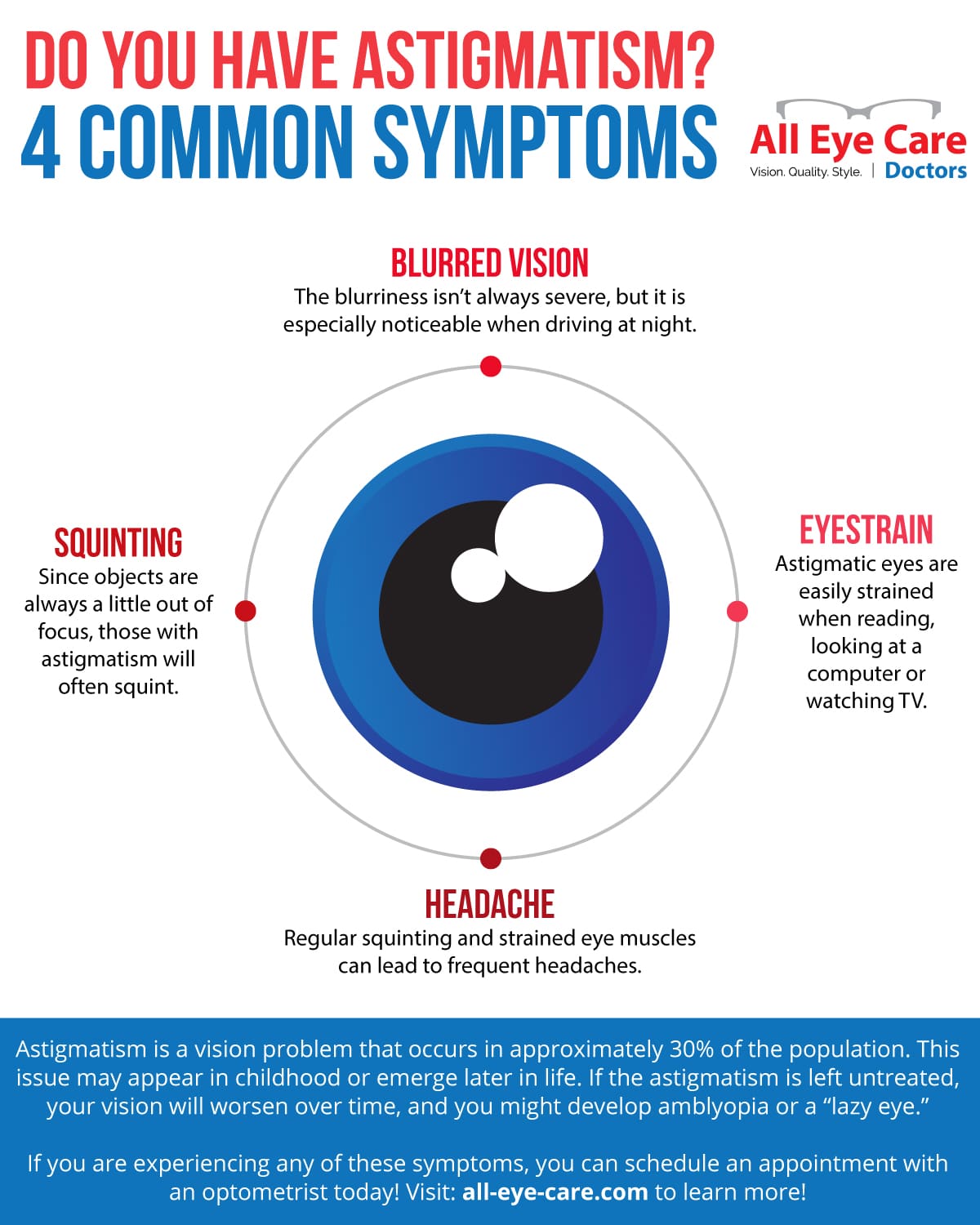Frequently Asked Questions About Lasik Eye Surgical Treatment

Article written by-Daugaard Bentzen
Prior to LASIK, your eye specialist will certainly test your vision to make sure it is stable. She or he will certainly likewise examine to see if you have any other eye troubles that could influence your outcomes.
After the eye doctor has actually used numbing eye drops, he or she will develop a paper-thin flap in your cornea tissue making use of a device called a microkeratome or laser. simply click the next site is pain-free.
What Is LASIK?
LASIK is a kind of refractive surgical treatment. https://writeablog.net/clayton19william/the-threats-and-also-difficulties-of-lasik-eye-surgical-procedure-what-you deals with vision issues brought on by refractive mistakes, which happen when the cornea or lens do not appropriately bend light rays.
The majority of people that have LASIK achieve good range vision without glasses or calls. Nonetheless, they may require reading glasses to see close up. The outcomes of LASIK are long-term, although visual side effects are momentary.
Can I Have LASIK if I Have Astigmatism?
Blurred vision is usually triggered by astigmatism. LASIK can aid with this issue by making your cornea a lot more symmetrical. The doctor will certainly utilize a tool called a microkeratome or laser to reduce a slim flap in your cornea, after that fold it back. They will certainly after that use a laser to improve the cornea so it can bend light better.
The only thing that LASIK can't do is right presbyopia (age-related farsightedness). This can only be made with cataract surgical treatment.
Can I Have LASIK if I Have Dry Eye?
A crucial part of the LASIK analysis is examining how well your eyes create tears. Some individuals with completely dry eye are not able to get LASIK since it can get worse the condition.
Dry eye is a common side effect of LASIK due to the fact that the treatment cuts corneal nerves. Nevertheless, it typically boosts as the eye heals. You can use artificial rips and punctal plugs to handle your signs and symptoms.
Can I Have LASIK if I Have a Cataract?
Most of the times, yes. LASIK can boost your vision after cataract surgical treatment.
When you have a cataract, your lens is over cast and also your close-up vision is blurred. LASIK can assist with this, in addition to your distance vision.
During LASIK, your doctor will use a laser or a blade to develop a thin flap on your cornea. Then the specialist will certainly fold the flap back and make use of a laser to improve your cornea.
Can I Have LASIK if I Have a Retinal Detachment?
Retinal detachment usually arises from a retinal tear. The physician will fix the tear with an in-office procedure called pneumatically-driven retinopexy. After the eye is numbed, the doctor inserts an expandable gas bubble into the eye to push the detached retina versus its assistance tissue.
LASIK does not right presbyopia, which creates as you grow older as well as triggers blurred close-up vision. However, it can be incorporated with mono-vision to minimize or remove the requirement for reviewing glasses.
Can I Have LASIK if I Have a Hyperopia (Farsightedness) or Nearsightedness (Nearsightedness)?
Most health insurance companies don't cover LASIK since it isn't considered clinically necessary. However, they may reimburse clients for lens implants if a specialist becomes part of their network.
Before you undergo LASIK, your eye doctor will certainly execute a thorough eye examination. This will include examining your overall eye wellness, pupil size and refractive error. She or he will likewise measure the thickness of your corneas.
Can I Have LASIK if I Have Presbyopia (Aging Eyes)?
LASIK does not address presbyopia (loss of close to vision associated with age). Rather, it remedies refractive errors by improving the cornea.
After numbing declines as well as covering the eye with a shield or patch, the surgeon creates the flap. After that the laser improves the cornea. You might hear a clicking sound and smell an uncommon scent. This is typical as well as does not create injury.
Can I Have LASIK if I Have Keratoconus (Bent Cornea)?
In LASIK, your specialist will make use of a femtosecond laser to cut a slim flap in the cornea. They will then fold it back as well as use a different laser to improve your cornea.
Your vision is based upon exactly how light enters your eye, bends with the lens as well as focuses on the retina. Refractive errors keep light from focusing effectively as well as create blurred vision.
Can I Have LASIK if I Have Blepharitis (Inflammation of the Eyelids)?
Many clients choose LASIK due to the fact that they desire flexibility from glasses or get in touch with lenses. It is important to discuss your objectives with your eye doctor before having the procedure.
LASIK is not uncomfortable. Eye drops are positioned to numb your eyes prior to the surgical treatment. Many patients explain really feeling a small stress however no discomfort. Recuperation from LASIK is reasonably fast. Your vision will certainly be a little blurry as well as light sensitive right after surgical treatment yet need to boost quickly.
Can I Have LASIK if I Have a Corneal Thickness Issue?
LASIK deals with vision by reshaping the corneal tissue. To do this, the cornea has to be thick sufficient for the cosmetic surgeon to create a flap.
If How Does LASIK Eye Surgery Work are as well thin, you may be a candidate for laser vision modification treatments that do not need developing a flap, such as PRK or Epi-LASIK. These treatments have comparable results to LASIK however work in a different means.

